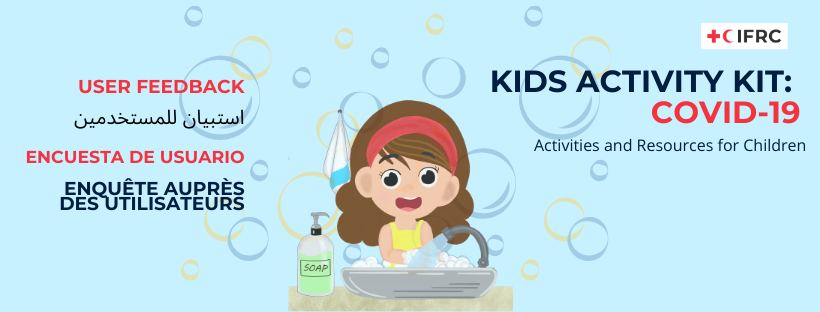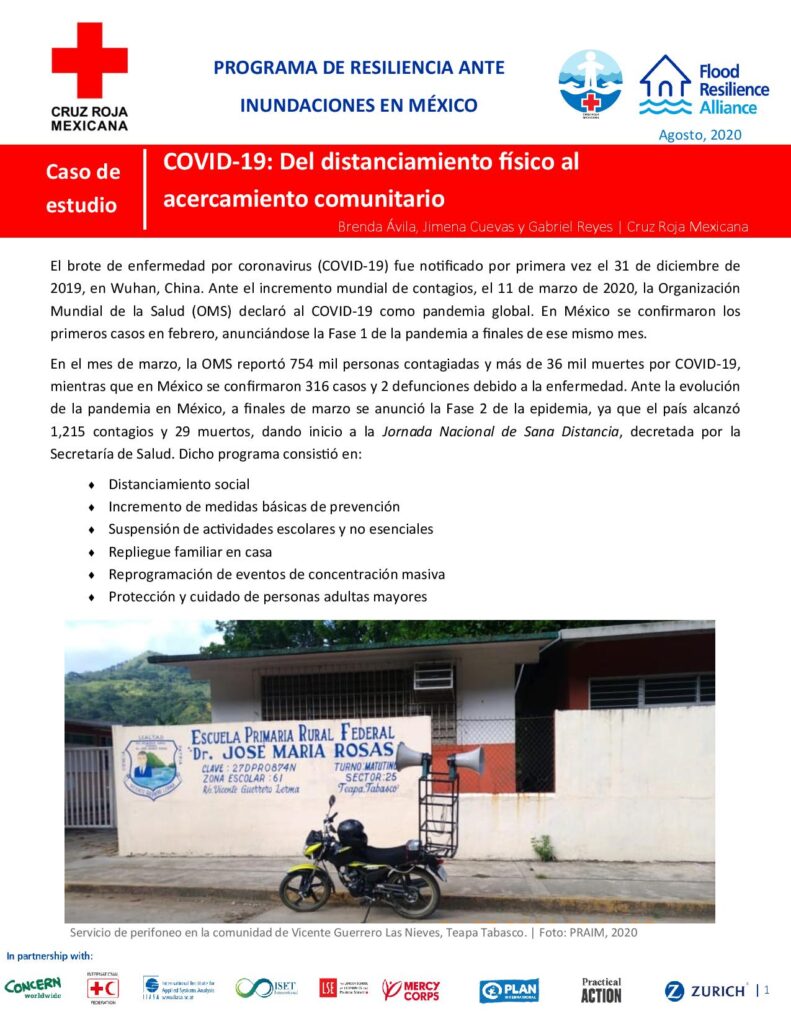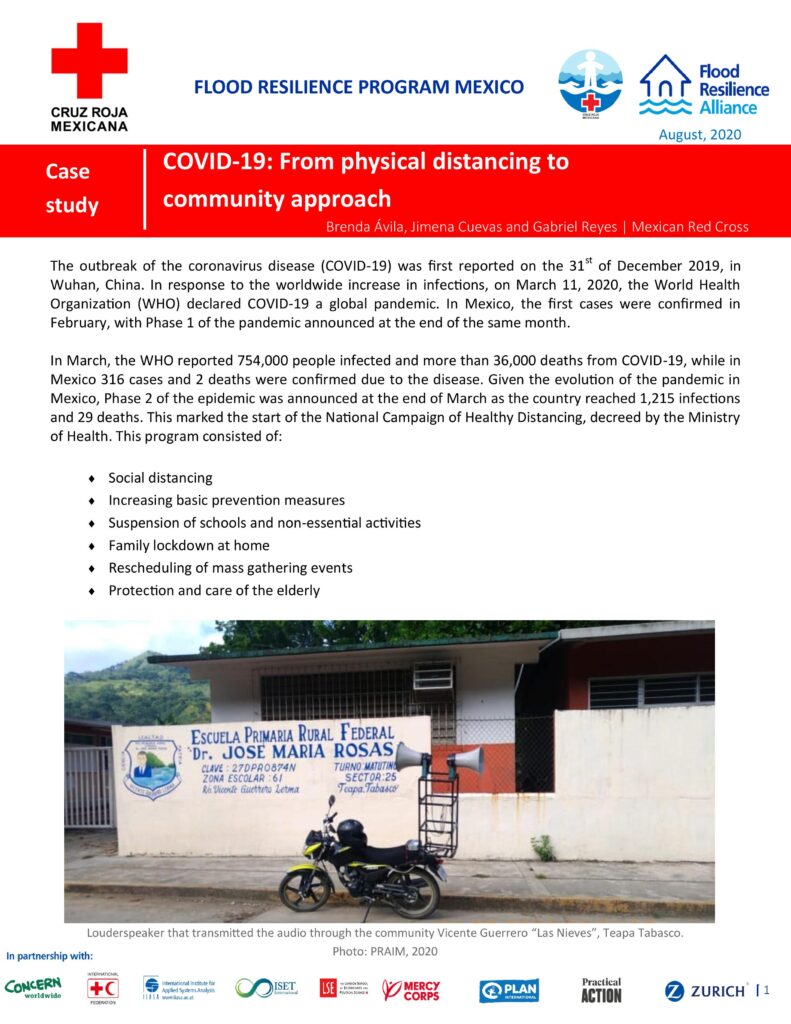User Survey Kids Activity Kit: COVID-19
Click to take the survey in English Click to take the Survey in Spanish Click to take the survey in French Click to take the survey in Arabic This survey is for users of the Kids Activity Kit for COVID-19 found here: preparecenter.org/kidskit. With playful activities from the Red Cross Red Crescent and Save the […]
User Survey Kids Activity Kit: COVID-19 Read More »









